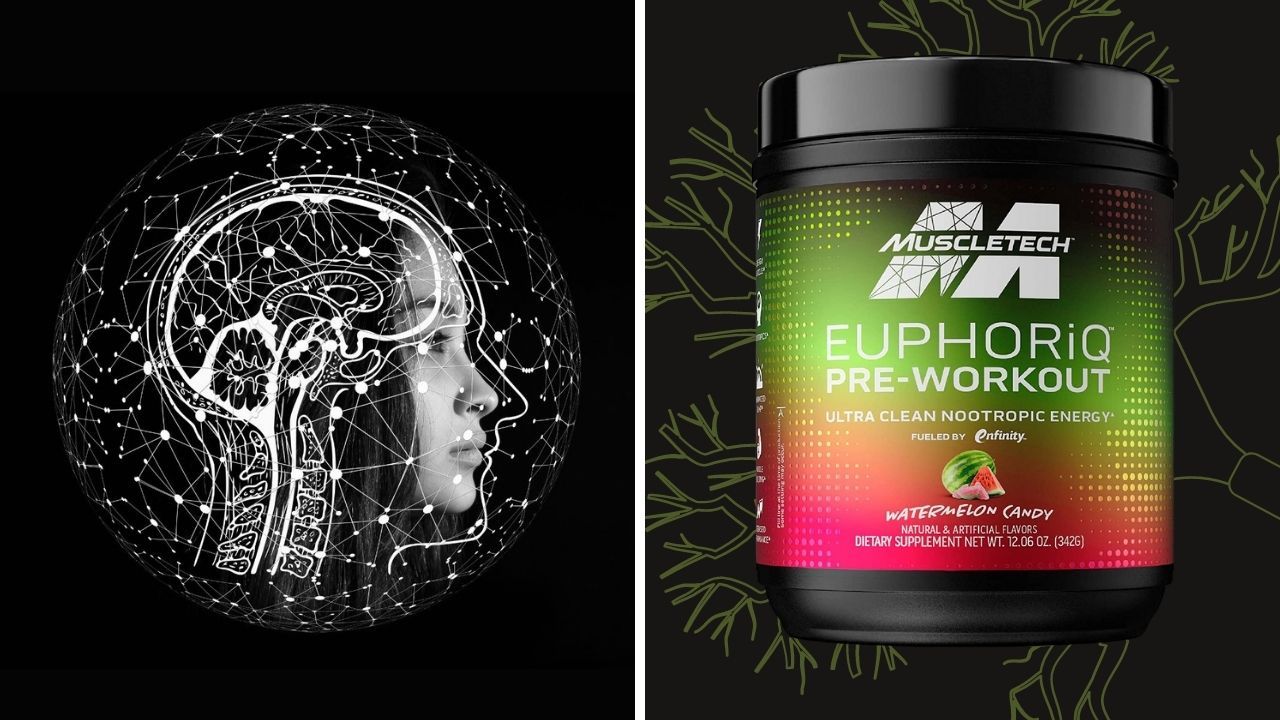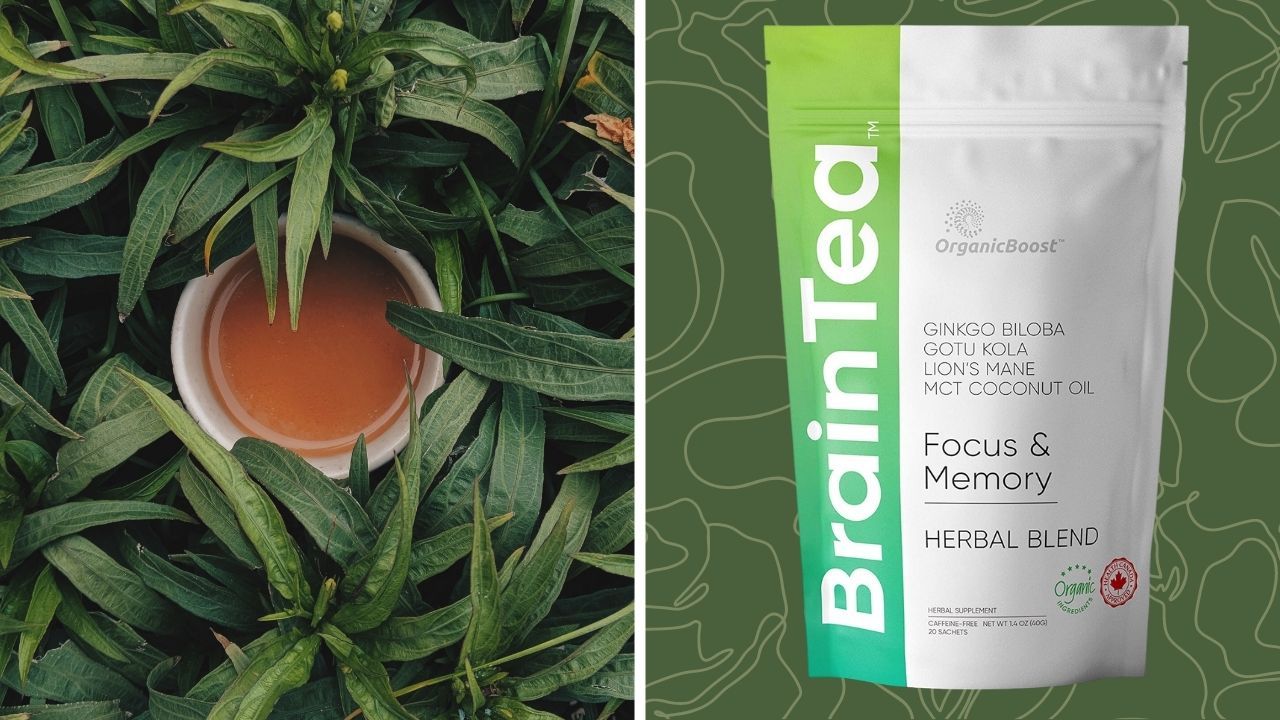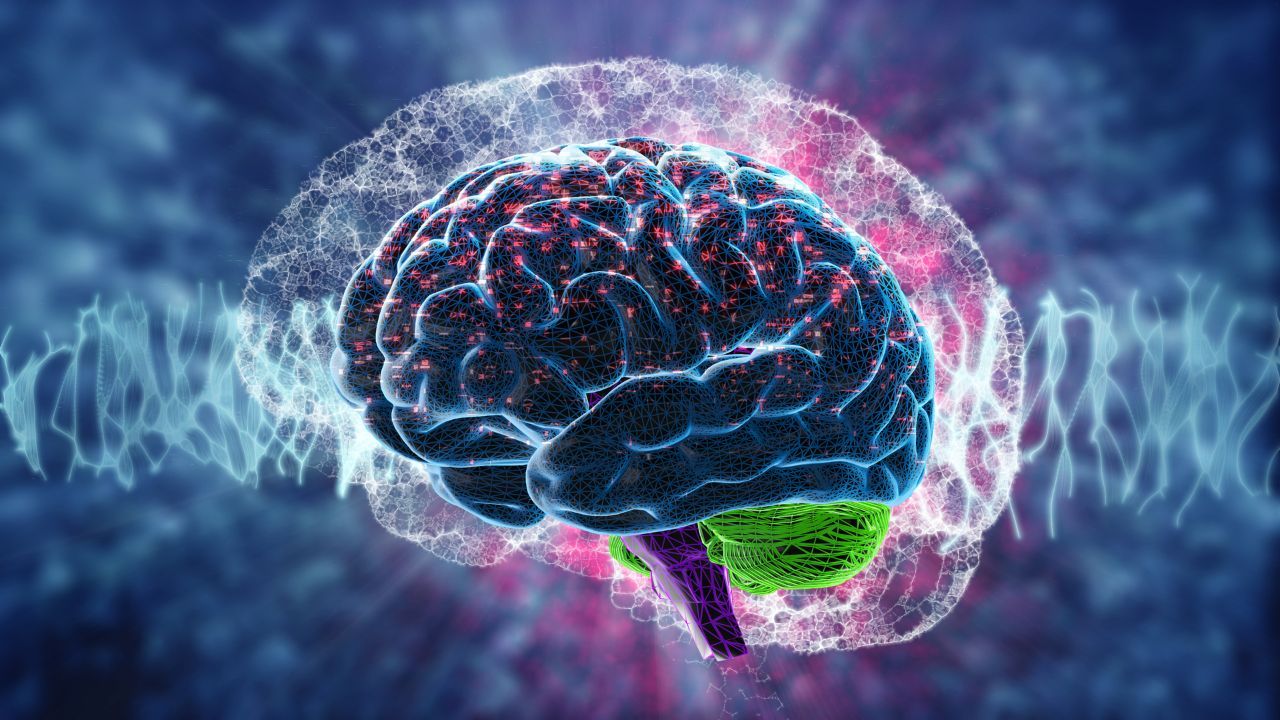
What Are Nootropic Supplements | Enhance Your Intellect
What Are Nootropic Supplements? Learn about these brain-boosting substances and their benefits in our latest post.
If you've ever wished for a magic pill that could make you smarter, more focused, or even just a little bit sharper, you're not alone.
That's where nootropic supplements come in.
Nootropics, also known as "smart drugs," are substances that can help enhance cognitive function. They're like your brain's personal fitness trainers, helping it to perform at its best and potentially even improve over time.
In today's fast-paced, always-on world, it's no surprise that nootropics have become increasingly popular.
We're all looking for that edge, whether it's to stay sharp at work, ace that exam, or just keep up with our busy lives. Nootropics offer the tantalizing prospect of improved memory, focus, learning capacity, and even mood.
But where did these wonder pills come from?
Let's take a step back and explore the origins of nootropics.
The Birth of Nootropics: A Look Back
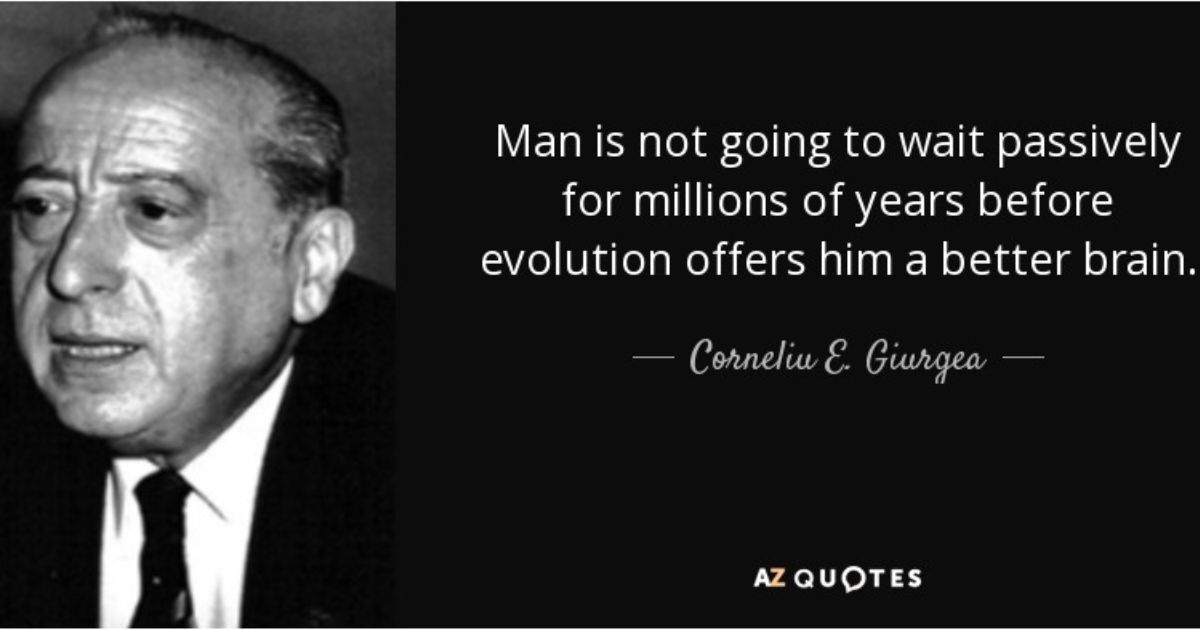
The term "nootropic" was first coined in 1972 by a Romanian psychologist and chemist, Corneliu E. Giurgea.
He created the word to describe a new category of substances that could "turn the mind" (from the Greek "nous" for mind and "trepein" for turning). But the idea of substances that can enhance brain function goes back much further than that.
Ancient civilizations like the Greeks and Egyptians were using plants and herbs to try to boost their brain power thousands of years ago. They used herbs like ginkgo and ginseng, which are still popular in nootropic supplements today.
In the Victorian era, scientists began to experiment with substances like caffeine and nicotine to see if they could enhance cognitive function.
In the mid-20th century, the development of drugs like amphetamines opened up a new world of possibilities for cognitive enhancement.
While these drugs were initially used to treat conditions like narcolepsy and attention deficit disorder, it wasn't long before healthy individuals started using them to try to boost their brain power.
So, as you can see, the idea of boosting our brains with substances isn't new.
But it's only in recent years that we've started to understand how these substances work and how we can use them safely and effectively.
That's where modern nootropics come in.
Nootropics and Brain Function: The Connection
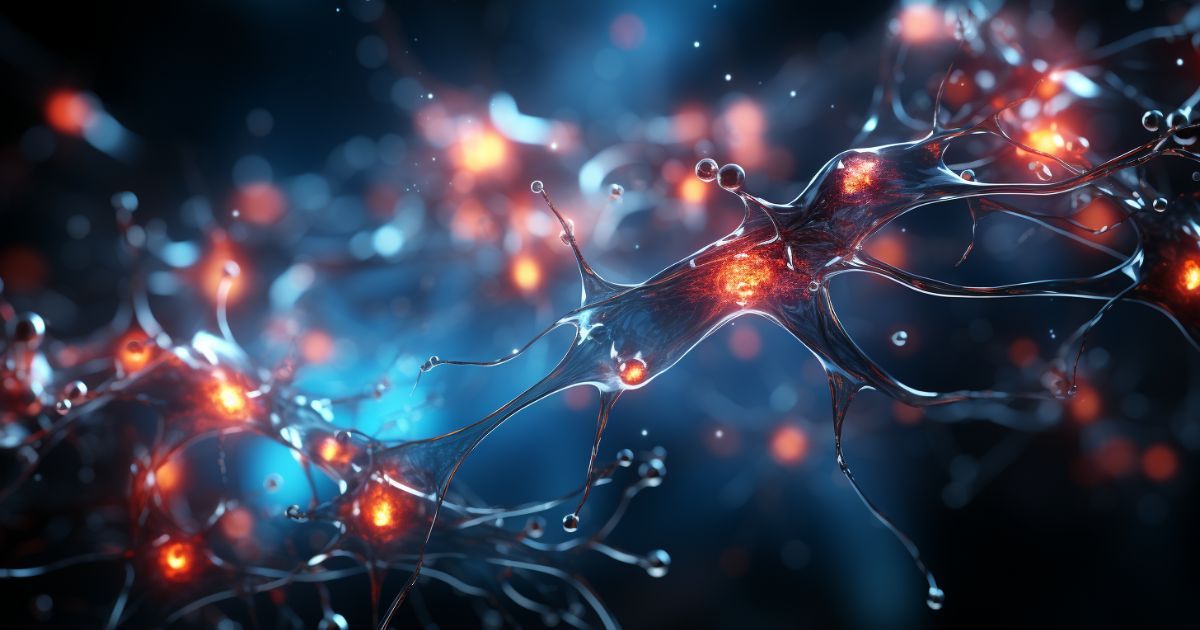
So, you might be wondering, how exactly do nootropic supplements work? Great question!
Nootropics can help promote healthy brain function in several ways.
- Some nootropics, like omega-3 fatty acids, provide essential nutrients that our brains need to function optimally.
- Others, like caffeine, stimulate our brains to make us feel more alert and focused.
- Then there are nootropics like Bacopa Monnieri, a plant used in traditional Ayurvedic medicine, which is believed to boost brain function by protecting brain cells, reducing inflammation, and increasing brain chemicals that are involved in thinking, memory, and learning.
In essence, think of nootropics as the oil in your car's engine. They help everything run smoothly and efficiently, allowing your brain to perform at its best.
It's like giving your brain a turbo boost to help it keep up with the demands of our busy, modern lives.
The Journey of Nootropics: From Stigma to Acceptance
It hasn't always been smooth sailing for nootropics, though.
However, perceptions have started to shift in recent years. As our understanding of the brain and cognitive function has grown, so too has our acceptance of interventions that can enhance it.
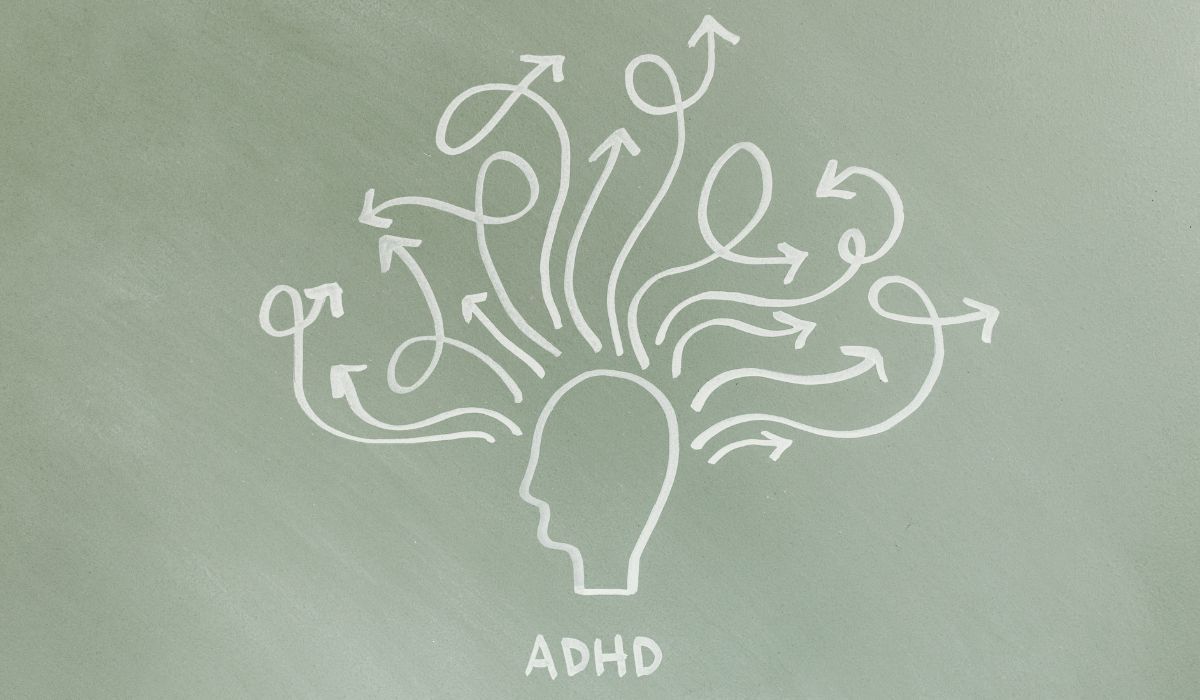
Take the treatment of attention deficit hyperactivity disorder (ADHD) as an example.
- ADHD is a condition that affects both children and adults and can cause problems with focus, attention, and impulsivity.
- Stimulant medications like Adderall and Ritalin have been used for decades to treat ADHD, helping those affected to concentrate and stay focused.
These medications work by increasing the levels of certain chemicals in the brain, helping to improve focus and attention.
And while they were initially developed to treat a specific condition, it wasn't long before healthy individuals started using them off-label to enhance their own cognitive performance.
This use was controversial at first, but over time, as more research has been conducted and more people have shared their experiences, societal attitudes have started to shift.
Today, using nootropics to enhance cognitive function is becoming increasingly accepted, and with that acceptance, the field of nootropics continues to evolve and grow.
So, whether you're looking to boost your focus, improve your memory, or just keep your brain in top shape, nootropics offer a wide range of possibilities.
But as with any supplement, it's important to do your research and consult with a healthcare professional before starting any new regimen.
Nootropic Supplements: Types and Uses
Now that we've covered what nootropics are and how they came to be, let's dive into some specific types of nootropic supplements and their uses.

One of the most commonly used nootropic supplements is Ginkgo Biloba.
- This ancient plant has been used in traditional Chinese medicine for centuries and is believed to improve memory and mental performance.
- It works by increasing blood flow to the brain, providing your brain cells with the oxygen and nutrients they need to function at their best.
Another popular nootropic we touched on earlier is Bacopa Monnieri, a plant traditionally used in Ayurvedic medicine.
- Bacopa is believed to enhance brain function by reducing anxiety and improving memory formation.
Nicotine is another popular nootropic.
- It works by stimulating the release of dopamine and other brain chemicals associated with pleasure, motivation, and reward.
- While it's important to note that nicotine has addictive properties and can be harmful when used in excess, some studies have shown that moderate use may have cognitive benefits.
L-theanine is an amino acid found in green tea that has gained popularity as a nootropic supplement.
- This amino acid is commonly found in green tea and is believed to promote relaxation without causing drowsiness.
- It also works synergistically with caffeine to help improve focus and attention without the jitters coffee may cause.
Then there's Caffeine, the world's most widely consumed psychoactive substance.
- You're probably familiar with the alertness and focus that comes from a cup of coffee or tea – that's caffeine at work.
- It blocks the neurotransmitters in the brain that make you feel tired, giving you a boost of energy and focus.
The Science Behind Nootropics
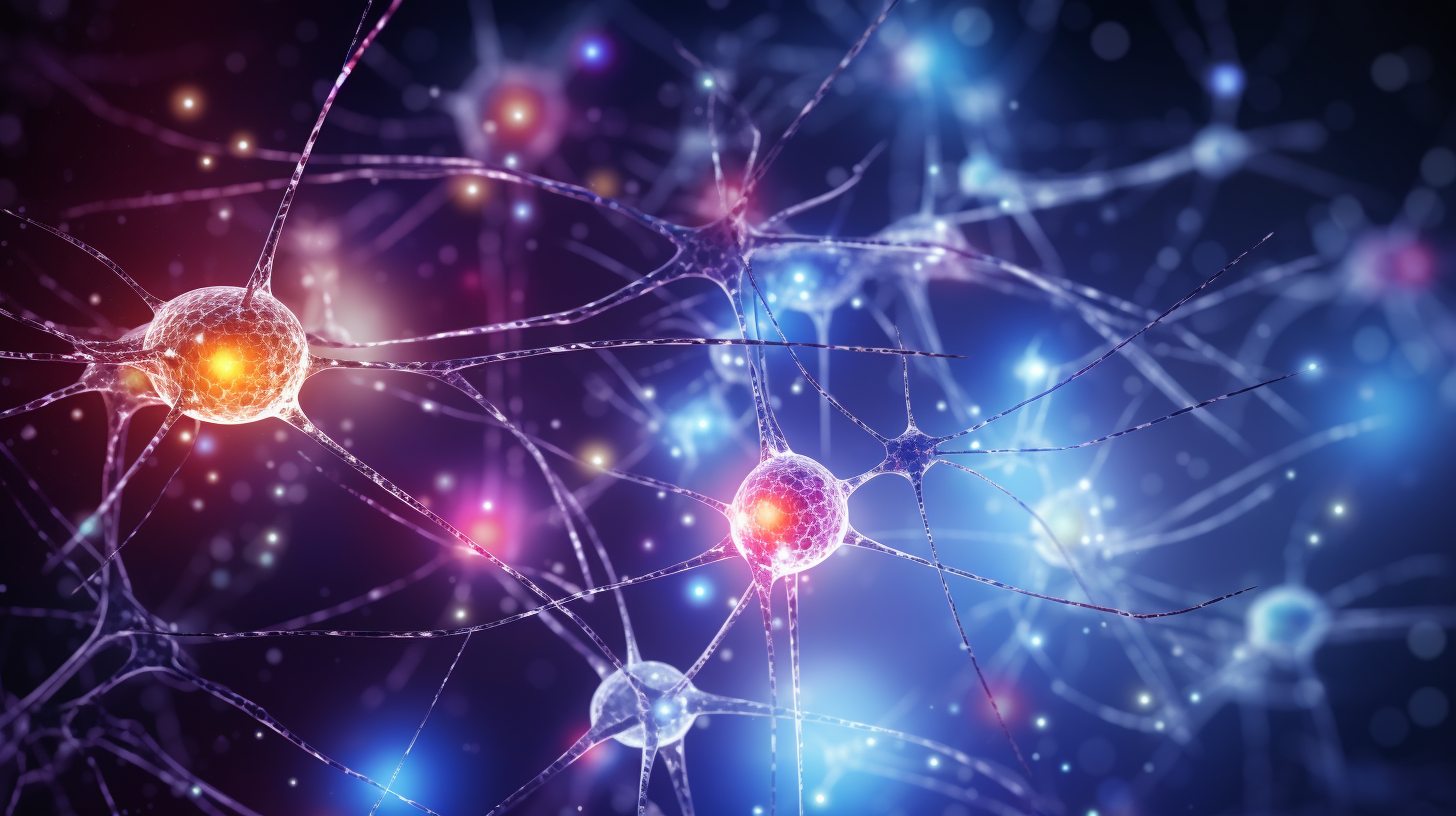
You might be wondering, "How exactly do these supplements work on a cellular level?"
Well, let's put on our lab coats and delve into the science behind it all.
Nootropics can impact your brain in a few different ways. Some, like Ginkgo Biloba, work by increasing blood flow to the brain. This can help deliver more oxygen and nutrients to your brain cells, helping them work more efficiently.
Other nootropics, like Bacopa Monnieri, may work by enhancing the levels of certain neurotransmitters in your brain.
Finally, some nootropics may work by protecting your brain cells from damage. They do this by reducing inflammation and neutralizing harmful free radicals, which can damage cells and contribute to aging and disease.
In essence, nootropics work by keeping your brain cells healthy and improving their ability to communicate with each other. It's like giving your brain a tune-up, helping it to run smoothly and efficiently.
Nootropics and Cognitive Impairment: An Overview
While nootropics are often used by healthy individuals looking to boost their cognitive performance, they can also be beneficial for those dealing with cognitive impairment or mild cognitive impairment (MCI).
Cognitive impairment can range from mild to severe, and it's often a precursor to conditions like dementia. It can affect memory, attention, language, and problem-solving skills, making everyday tasks challenging.

Several randomized controlled trials - the gold standard in scientific research - have found that certain nootropics can help improve symptoms of cognitive impairment.
- For example, a study published in The Journal of Alternative and Complementary Medicine found that supplementation with Bacopa Monnieri improved memory-free recall in elderly people with cognitive impairment. (source)
- Another study found that Ginkgo Biloba could enhance cognitive function and is 'clinically effective in cognitive impairment and dementia'. (source)
These studies offer promising evidence that nootropics may offer a beneficial tool in the fight against age-related cognitive impairment.
However, it's important to note that while nootropics can support brain health, they're not a cure-all and should be used as part of a comprehensive treatment plan under the guidance of a healthcare professional.
Prescription Nootropics Vs. Dietary Supplements: A Comparison

Nootropics come in two main forms: prescription drugs and dietary supplements.
But what's the difference, and which one is right for you?
Prescription nootropics are medications that have been approved by regulatory bodies like the FDA for treating specific conditions, like ADHD or narcolepsy.
Examples include stimulants like Adderall, Ritalin, and Modafinil. These drugs are powerful and effective, but they also come with potential side effects and should only be used under the supervision of a doctor.
On the other hand, dietary supplement nootropics are substances that can be bought over the counter without a prescription.
They typically contain natural ingredients like herbs, vitamins, and minerals. Examples include Ginkgo Biloba, Bacopa Monnieri, and omega-3 fatty acids.
While dietary supplements are generally less potent than prescription nootropics, they're also usually associated with fewer side effects and can be a good option for individuals looking to gently boost their cognitive function.
They can also be used in conjunction with a healthy lifestyle to support overall brain health.
Nootropics in Healthy Adults: A Paradigm Shift

It's not just those with cognitive impairment who are turning to nootropics - healthy adults are also exploring these supplements to enhance their brain performance.
It's a paradigm shift, moving from treating deficits to optimizing performance.
However, it's important to note that while nootropics have potential benefits, they also come with potential risks.
Some nootropics, especially prescription ones, can have side effects like insomnia, increased heart rate, and anxiety.
Even dietary supplement nootropics can interact with other medications or cause allergic reactions in some people. Always consult with a healthcare professional before starting any new supplement regimen.
The Future of Nootropics: Beyond Cognitive Enhancement
But the potential of nootropics goes beyond just cognitive enhancement in healthy adults.
As our understanding of the brain continues to grow, researchers are exploring how nootropics could be used to address certain brain diseases.
For instance, some studies suggest that nootropics like Ginkgo Biloba and Bacopa Monnieri may help slow down cognitive decline in conditions like Alzheimer's disease.
Other research is looking at how nootropics could be used to help treat conditions like depression and anxiety.
While more research is needed, it points to exciting future directions for the field of nootropic drugs. As we continue to learn more about the brain and how it works, the potential applications of nootropics are likely to expand.
Final Thoughts
We've come a long way in our exploration of nootropics, from their roots in traditional medicine to their growing acceptance in modern society.
These supplements offer a promising tool for boosting brain performance and potentially even addressing cognitive impairment and brain diseases.
But as with any tool, it's crucial to use nootropics wisely. Always do your research, understand the potential benefits and risks, and consult with a healthcare professional before starting any new regimen.
And remember, nootropics are just one part of the puzzle when it comes to brain health. A healthy diet, regular exercise, and good sleep habits are just as important, if not more so.
The world of nootropic supplements is vast and ever-evolving. So keep exploring, keep learning, and most importantly, keep prioritizing your brain health. After all, your brain is the command center for your entire body - it's worth taking care of!
Before You Go...

